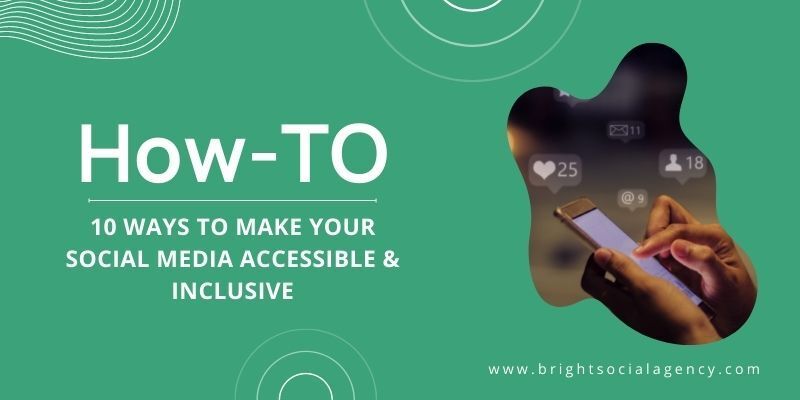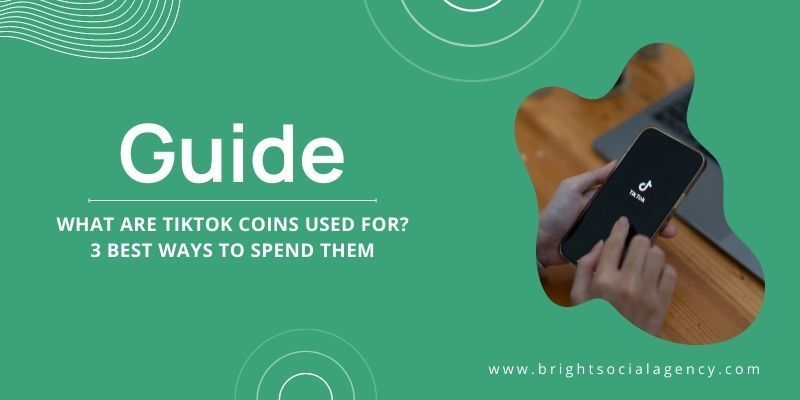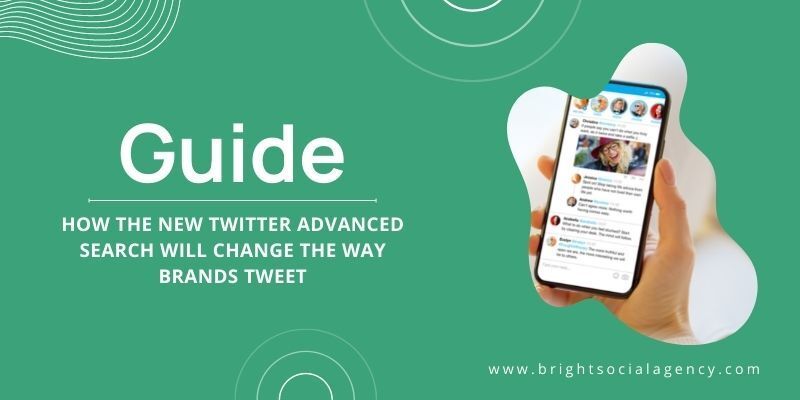What Is Decentralized Social Media?
If you want to contact your friend today, there's a good chance you'll use social media to do so. Using the web to connect has become a big part of our daily routines, whether you need to check the news, chat with a loved one, or share life updates. Decentralized social media—a relatively new phenomenon—is now beginning to carve out its niche in the industry.
What does it mean for something to be decentralized? Will decentralized social media replace the social networks we all use today?

What Is Decentralization?
In the world of cryptocurrencies, decentralization is a term thrown around a lot. What exactly does it mean?
Decentralization is an important concept in the world of blockchain technology and cryptocurrencies. It's important because it differentiates these technologies from other systems like fiat currencies or central banking.
Decentralization has become a trending topic in the cryptocurrency community because it allows for a more transparent, fair, and secure network.
Decentralized networks ensure that no one entity has power over all the data. Data is spread between nodes, or connection points, within the network instead. Decentralization ensures that no one user entity can control or manipulate the data.
Decentralization makes it much harder for a network to be overruled by an attacker. It also has no central administrator, creating a more democratic and collaborative environment. Yet, the essence of decentralization remains at the core of the crypto industry: all transactions are stored safely on a blockchain. How will social media and decentralization merge?
Decentralized social media is a new term that's recently been coined to describe a new type of social network built on a blockchain and cannot be censored by any entity.
The idea behind decentralized social media is to create a system in which no single entity controls the content or the user experience. Rather than being operated by one company, decentralized social media networks are controlled by their users and managed through decentralized protocols.
Decentralized social media platforms allow you to create your content, upload it to your profile, and share it with others.
Anyone can join a decentralized social network and contribute to it. There are no restrictions on what you can post or how much time you spend using the network — there are no rules at all!
The obvious upside of decentralization is that it gives users more control over their data. In the case of Facebook, users can choose who they share their information with and what they want those people to see.

How Does Decentralized Social Media Work?
Decentralized social media platforms are like Facebook, but without the central authorities that control what you see and do on the network.
You can create your social account and post whatever you want without worrying about how others will receive it or whether your content will be censored because it contains certain keywords or phrases.
There are many different decentralized social media platforms, but they all work roughly the same way. Here's an overview of how decentralized social media works:
- Users create accounts on a decentralized platform and connect with other users through their unique usernames.
- Users can create posts containing text, images, or videos; other users can see these posts if they follow that person's profile page or have added them as friends by the posting user.
Decentralized social media is not a centralized system, meaning it doesn't rely on one central server. Large social networks like Facebook, Twitter, and Instagram are centralized, meaning one core authority holds all the power over the network. This makes them vulnerable to hacks, takeovers, and leaks.
Decentralized social media outlets have several advantages. These include the fact that they can host multiple networks, meaning users can choose and create their networks, connecting with others who share similar interests or ideas.
These platforms are governed by their users. Users can vote on things to have their say in how the platform progresses instead of going along with whatever the central authority wants.
Decentralized social media networks allow multiple networks to coexist on one platform, all controlled by independent servers.
This means that social media users must be more aware of what they post and what they share.
Improved Security
Decentralized social media platforms avoid the problems of centralized platforms by using multiple, independent servers. Popular social media networks are known to crash frequently because of their servers' overload, a situation that happens more than you might think.
Using multiple servers massively reduces the likelihood of a total network failure due to technical error and greatly decreases the chances of DDoS attacks.
On the other hand, users don't need to give real names in decentralized social media networks. They can create pseudonyms and communicate with one another under pretenses, adding an extra layer of privacy.
Improved User Control
Users lack control over the post they create when using social media platforms. Social media networks are defined by the users who participate in them and evolve to meet user demand. Therefore, it makes sense that users should have some control over the networks they use.
The concept behind decentralized social media gives users control of their data, interactions, and social networking experience. This helps create an equal network for all participants.
But decentralized networks do have their drawbacks, and they are not perfect, like any other type of technology.
The Main Drawbacks of Decentralized Social Media
While decentralized social media platforms offer some exciting perks, there are some risks associated with this technology. For example, malicious individuals can take advantage of how the technology is structured because it is not centralized.
Creating multiple, decentralized networks (i.e., social media) seems like a fun idea, but it could also lead to the spread of hate speech, propaganda, and illegal content. Users can post information on social media sites that are only accessible to other users within their network, and so it becomes easy for malicious groups to extend their beliefs openly.
While decentralized social media networks such as Steemit have an ethical code of conduct, individuals are likely to try to exploit smaller or newer networks that haven't yet figured everything out.
In addition, there's a chance that users with a common goal could try to corrupt the governance system in their favor, undermining the platform's fairness.
The biggest drawback is that the information you receive is not verified. This means that you may be exposed to fake news or cyberbullying.
In addition, it is difficult to track down the origin of a post or comment on a decentralized social media platform because there is no centralized server hosting the information. The only way to do this is by looking at the user's profile who posted it.
Another drawback is that users have little control over their data as they are not in control of where and how their data will be stored. If you want to delete your account, all your posts will still be available elsewhere on different platforms such as Facebook or Instagram.
Does Decentralized Social Media Already Exist?
As decentralized social media platforms become more popular, you may be wondering if they even exist yet. The answer is yes—these platforms are already being used for various purposes.
The decentralized social media platform Mastodon has attracted over four million users since its 2016 launch. This platform offers multiple internal networks for different communities, giving users the ability to connect with like-minded individuals. The available tools will help you protect yourself from harassment and other dangers.
Blockchain-based social platforms like Steemit are currently operating, and are a step forward in the evolution of online interaction.
But these networks aren't gaining nearly as many followers as traditional platforms such as TikTok, Instagram, and Facebook. Why is that?
First, the concept of decentralization is still foreign to many people. Currently, only tech-savvy individuals and crypto or NFT enthusiasts know much about how decentralization works because this technology has not yet become widely known enough for many people to require learning about it.
Additionally, many decentralized social media networks are not as user-friendly as today's biggest platforms. The simplicity or complexity of an app's interface often determines its success.
However, many people remain unaware of how social media platforms mishandle data or censor content. In addition, there isn't yet much of a public outcry for a new kind of online communication.
Decentralized social media platforms are likely to remain niche, alternative ways of social networking for the foreseeable future.
In the past, internet users were forced to rely on centralized platforms like Facebook and Twitter to share their ideas with other people. But now, with the advent of blockchain technology, we can finally create a truly decentralized social media platform where we can share our thoughts without having to worry about censorship or exploitation by third parties.
The Decentralized Social Media Ecosystem Needs Time To Mesh
Even if the decentralized social media ecosystem takes some time to mesh and utilizes blockchain technology in a not entirely revolutionary way, it will still be worth its weight in gold.
That's because it will give users control of their content, protect the data they input and allow them to do so without dealing with any centralized authorities.
Bright Social Agency is the one-stop shop if you are looking for digital marketing services.
This post may contain affiliate links, which means that we may receive a commission if you make a purchase using these links.









